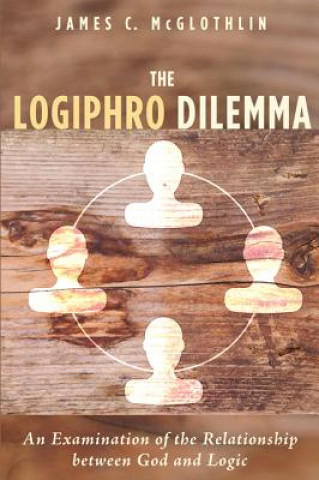
Kod: 15464975
Logiphro Dilemma
Autor James C. Mcglothlin
Is God above logic? If so, is he irrational? Is God subservient to logic? If so, is he really omnipotent? These questions are similar to Socrates' infamous challenge to explaining God's relation to morality, the so-called Euthyphr ... więcej
- Język:
 Angielski
Angielski - Oprawa: Miękka
- Liczba stron: 194
Wydawca: Pickwick Publications, 2017
- Więcej informacji o książce

Bon podarunkowy: Radość gwarantowana
- Podaruj bon o dowolnej wartości, a my się zajmiemy resztą.
- Bon podarunkowy dotyczy całej naszej oferty.
- Możesz wydrukować elektroniczny bon z e-maila a następnie przekazać go obdarowanemu.
- Ważność bonu wynosi 12 miesięcy od daty wystawienia.
Więcej informacji o Logiphro Dilemma
Za ten zakup dostaniesz 83 punkty
 Opis
Opis
Is God above logic? If so, is he irrational? Is God subservient to logic? If so, is he really omnipotent? These questions are similar to Socrates' infamous challenge to explaining God's relation to morality, the so-called Euthyphro dilemma. In this book McGlothlin argues that the Euthyphro challenge can be extended to help explain the relationship between God and logic, what he call the Logiphro dilemma. Logic, on this account, depends on aspects of God's mind other than God's will. This is a nonstandard form of theistic logical dependence. It contrasts both with the standard form of theistic logical dependence, according to which logic depends on God's will, and with theistic logical independence, according to which logic is independent of God. These rival views can be seen as the horns of the Logiphro dilemma: either logic depends on God's will, in which case special revelation would no longer be communicable; or logic is independent of God, in which case core claims of classical theism--for example, that God is the only independent being--would be violated. The best way to escape both of these horns, according to McGlothlin, is to adopt the nonstandard form of theistic logical dependence. ""For anyone interested in the knotty issue of God's relationship to logic, this book is a must-read. Historically informed and conversant with contemporary analytic philosophy of religion, McGlothlin argues that logical voluntarism, where valid arguments are valid because God wills it so, and logical non-voluntarism, where valid arguments are valid independent of God's will, are both problematic, failing to capture important aspects of the traditional theistic picture of the divine. Finding inspiration from Aquinas, Plantinga, and Welty, McGlothlin argues for a view he calls theistic conceptual logical realism. On this view, logical validity is dependent on God yet constrained by the divine nature and hence beyond God's control. I highly recommend this book as both an excellent introduction to contemporary philosophical theology and a helpful survey of the current state of the debate related to God and abstract objects."" --Paul M. Gould, Assistant Professor of Philosophy and Christian Apologetics, Southwestern Baptist Theological Seminary ""Applying the Euthyphro dilemma to the domain of logic, McGlothlin provides a provocative and original solution to the age-old question, is logic dependent upon or independent of God's will? In an incisive and clear analysis, which attempts to retain both God's independent being as well as the cogency of special revelation, McGlothlin develops an ingenious form of theistic logical dependence."" --T. M. Rudavsky, Department of Philosophy, the Ohio State University James C. McGlothlin is Assistant Professor of Philosophy and Christian Worldview at Bethlehem College & Seminary, Minneapolis.
 Szczegóły książki
Szczegóły książki
Kategoria Książki po angielsku Humanities Philosophy
141.44 zł
- Pełny tytuł: Logiphro Dilemma
- Autor: James C. Mcglothlin
- Język:
 Angielski
Angielski - Oprawa: Miękka
- Liczba stron: 194
- EAN: 9781498282239
- ISBN: 1498282237
- ID: 15464975
- Wydawca: Pickwick Publications
- Waga: 272 g
- Wymiary: 226 × 150 × 15 mm
- Data wydania: 30. January 2017
Ulubione w innej kategorii
-
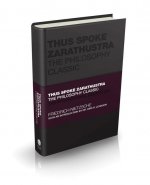
Thus Spoke Zarathustra - The Philosophy Classic
56.31 zł -23 % -
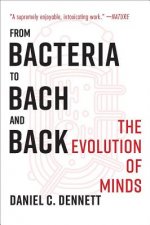
From Bacteria to Bach and Back
54.91 zł -

Men Among the Ruins
105.20 zł -4 % -
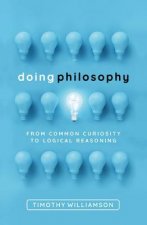
Doing Philosophy
82.31 zł -4 % -
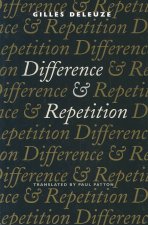
Difference and Repetition
113.03 zł -5 % -

The Conspiracy Against the Human Race
69.96 zł -14 % -
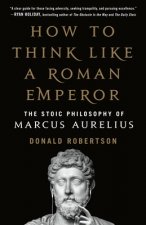
How to Think Like a Roman Emperor
77.29 zł -5 % -

Teachings of Don Juan
49.58 zł -4 % -
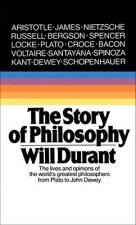
The Story of Philosophy
43.96 zł -4 % -

I am That
174.67 zł -
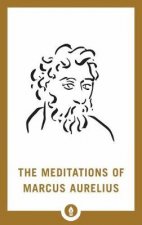
Meditations of Marcus Aurelius
47.18 zł -23 % -

Monkey Business
73.38 zł -15 % -
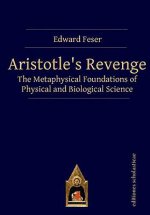
Aristotles Revenge
127.49 zł -
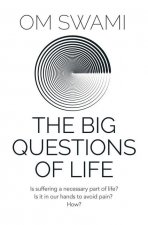
Big Questions of Life
61.93 zł -

Musonius Rufus
71.17 zł -

In Search of Being
117.15 zł -5 % -

Nature
35.23 zł -3 % -
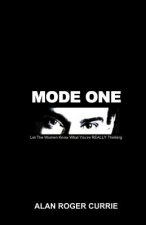
Mode One
122.27 zł -
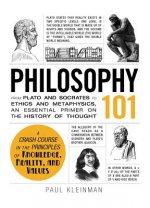
Philosophy 101
60.93 zł -23 % -

Nomadology - The War Machine
61.93 zł -21 % -
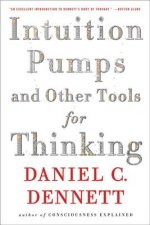
Intuition Pumps and Other Tools for Thinking
100.38 zł -7 % -

From Intellect to Intuition
61.53 zł -

Omnibus Homo Sacer
483.79 zł -

Mystery of Evil
90.85 zł -

Daily Reflections
24.08 zł -23 % -

Return to the One
77.52 zł -

Desire/Love
94.26 zł -

Nuclear Physics
77.29 zł -5 % -

Western Philosophy: An Anthology, 3rd Edition
186.52 zł -3 % -

Built to Last
71.67 zł -15 % -
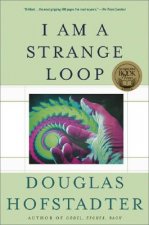
I Am a Strange Loop
88.94 zł -10 % -
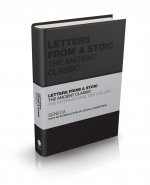
Letters from a Stoic - The Ancient Classic
56.31 zł -23 % -

The Essential Philosophical Works
24.49 zł -23 % -

How the World Thinks
51.69 zł -23 % -
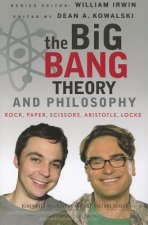
Big Bang Theory and Philosophy - Rock, Paper, Scissors, Aristotle, Locke
98.38 zł -

Wisdom of Yoga
77.29 zł -5 % -

Breaking Bad and Philosophy
109.02 zł -5 % -

Sacred Dance Meditations
111.02 zł -10 % -

Hyperculture: Culture and Globalisation
75.49 zł -

Escape from Evil
93.36 zł -

Imitation of Christ
19.87 zł -23 % -

Machiavelli: The Art of Teaching People What to Fear
81.11 zł -11 % -

Religion of Tomorrow
144.56 zł -10 % -

Calendar of Wisdom
117.35 zł -4 % -
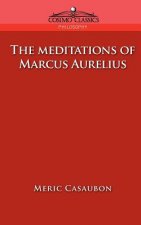
Meditations of Marcus Aurelius
59.82 zł -

Mortal Questions
89.44 zł -4 % -
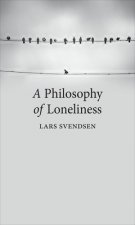
Philosophy of Loneliness
91.35 zł -

Oxford Companion to Philosophy
149.88 zł -23 % -

Contingency, Irony, and Solidarity
133.11 zł -5 %
zadowolonych klientów
Od roku 2008 obsłużyliśmy wielu miłośników książek, ale dla nas każdy był tym wyjątkowym.
Copyright! ©2008-24 libristo.pl Wszelkie prawa zastrzeżonePrywatnieCookies



 21 milionów książek
21 milionów książek Dostawa 10.99 zł
Dostawa 10.99 zł (32) 444 93 66 (8-15.30h)
(32) 444 93 66 (8-15.30h)